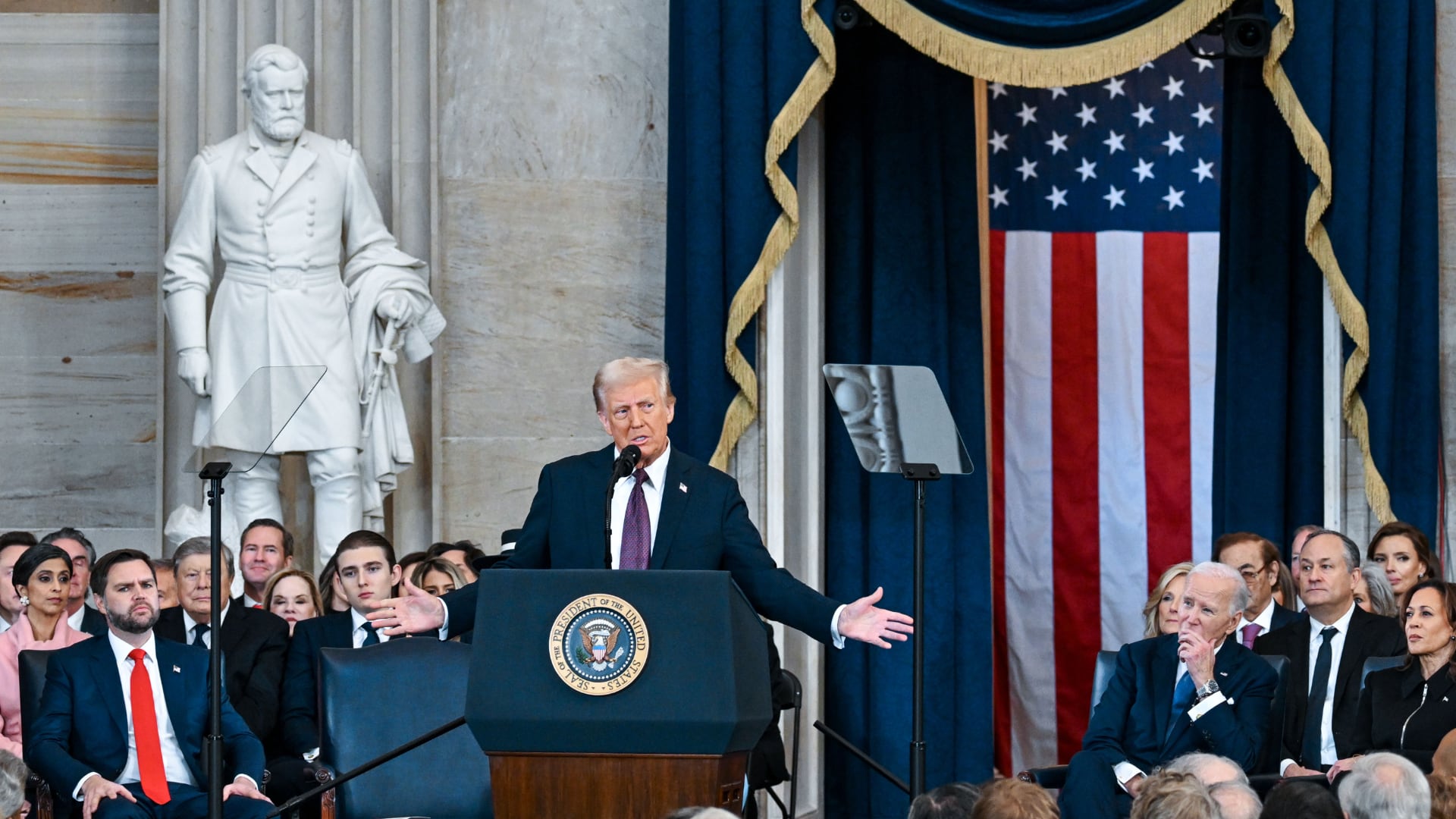As the great reopening debate continues, some state and local officials are not seeing eye to eye on when stay-at-home orders and business closures should end.
Atlanta Mayor Keisha Lance Bottoms is one such local official who is speaking out against Georgia Gov. Brian Kemp's plan to reopen businesses such as gyms, nail salons, barbershops, and bowling alleys this Friday, April 24.
"It doesn't make sense to me," Bottoms told Cheddar. "There's nothing essential about a bowling alley or a movie theater."
Bottoms, a Democrat, said that she had previously worked closely with the Republican governor.
"Governor Kemp and I have had a very good working relationship over the past couple of years, and we communicate regularly, but I was surprised along with a number of mayors," she said.
The mayor said Kemp did not consult her in the development of the plan or provide details on which businesses would be allowed to reopen. She also expressed disappointment that the governor did not provide flexibility to local governments to alter the plan based on local needs.
"We recognize that the economy is a huge consideration for people. My mother owned a small business, a hair salon, for many years. This would have been devastating to her. But I do know we need to be able to live to fight another day."
Bottoms said that Georgia is still seeing an uptick in cases, despite a steady flattening of the curve, and that the plan is coming prematurely.
"To the extent that we've had any success in our state, it's because we've been very aggressive in Atlanta and in surrounding metro cities to close down businesses and encourage people to stay home," she said.












